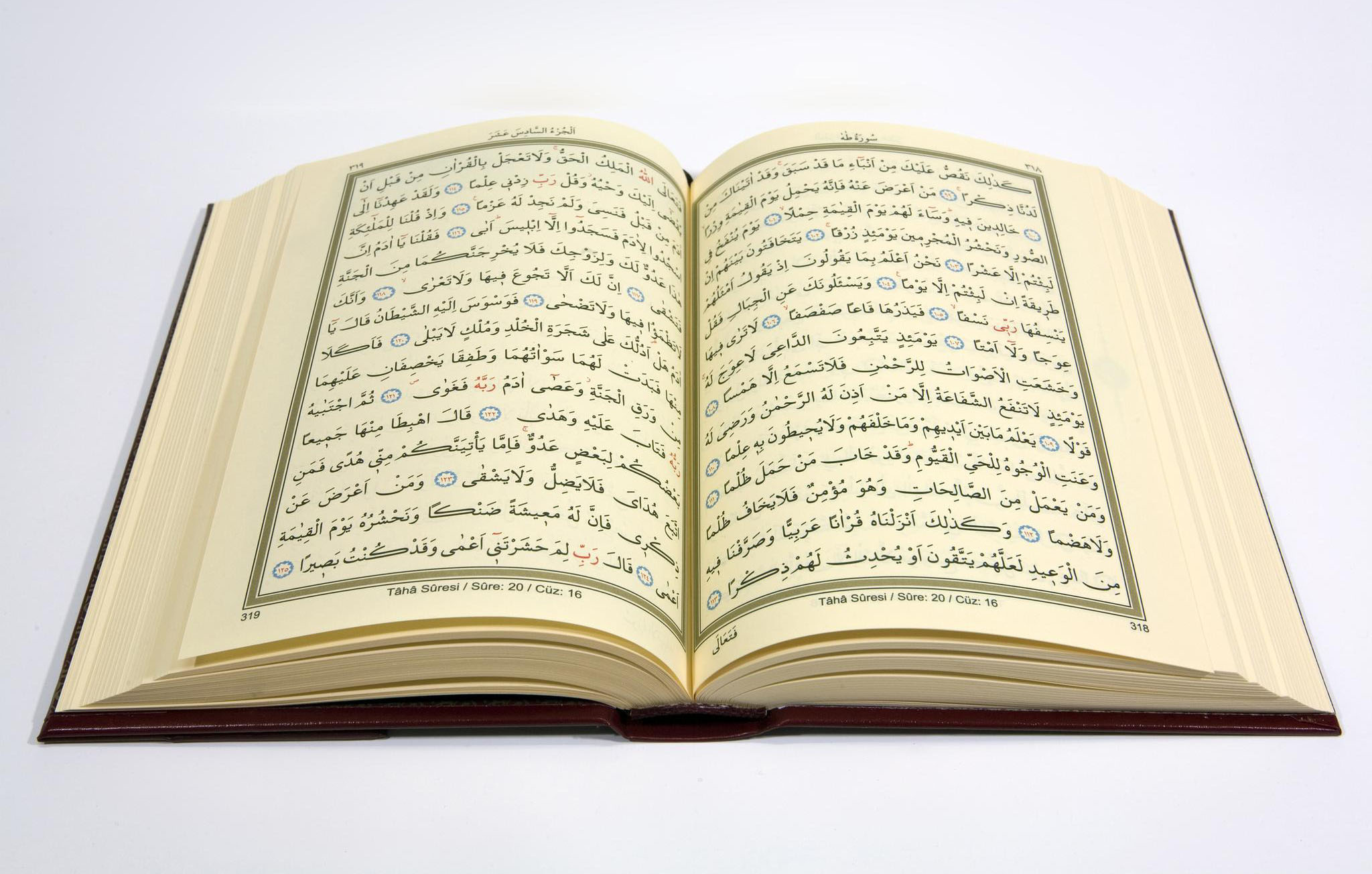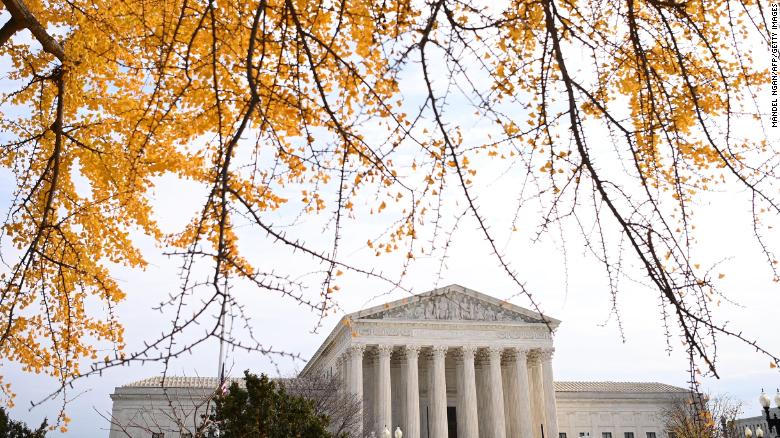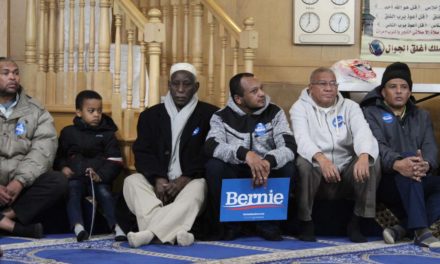Photo Credit:
CNN & Krishna.org
The Supreme Court on Thursday allowed three Muslims who had been placed on no-fly lists to sue for financial damages against FBI officials under a federal law meant to protect religious liberty.
Writing for an 8-0 court, Justice Clarence Thomas said that the Religious Freedom Restoration Act, passed in 1993 to prohibit the federal government from imposing substantial burdens on religious exercise without a compelling interest, allows the suits against the individual agents.
“The question here,” Thomas wrote, “is whether that includes claims for money damages against Government officials in their individual capacities. We hold that it does.”
The unusual case featured strange bedfellows, pitting the Trump administration against supporters of religious liberty.
Unlike other recent cases before the high court, the Trump administration weighed in against claims of religious freedom arguing that the law at issue was never meant to allow government officials to be sued for damages in their individual capacity. But supporters of the men, including the Becket Fund for Religious Liberty, sought to broaden the reach of the law. The case comes as the federal government has cracked down on mass protests, the President has emphasized the importance of law and order, and some critics say there is a need for greater accountability from law enforcement.
The dispute arose in 2013, when Muhammad Tanzir, Jameel Algibhah and Naveed Shinwari said they were asked by the FBI to become informants for the government in terrorism-related investigations. The men claim they declined — citing their religious beliefs — and their reluctance to spy on their community. They allege that they were retaliated against and put on the watchlist for people who are prohibited from boarding aircraft that originate from, terminate in, or pass over the United States. Even after they were removed from the list, their lawyers sought to sue the individual agents for damages citing the federal law.

“An individual whose religious exercise has been substantially burdened by a federal official,” lawyer Ramzi Kassem of the City University of New York School of Law argued, “may sue that person in their individual capacity for damages.”
A lower court ruled in their favor allowing the law suit to move forward. The Justice Department appealed the case to the Supreme Court.
The Justice Department told the justices that a decision allowing damage awards against the federal employees could chill their ability to do their job and “raise sensitive separation of powers concerns” potentially preventing government officials from “devoting the time and effort required for the proper discharge of duties.”
“Even well-intentioned federal employees would thus be forced to navigate a minefield of liability that would be difficult to predict or avoid,” Deputy Solicitor General Edwin S. Kneedler, said in court papers.
“We are thrilled that the Supreme Court justices were unanimous in their agreement that our clients can seek repair for the harms that they experienced at the hands of these agents for refusing to spy on their Muslim communities,” said Diala Shamas, an attorney for the three men. “I hope that this serves as a reminder that religious protections apply equally to Muslim communities, who are all too often targeted by law enforcement for surveillance and harassment.”
Originally Published By:
CNN














